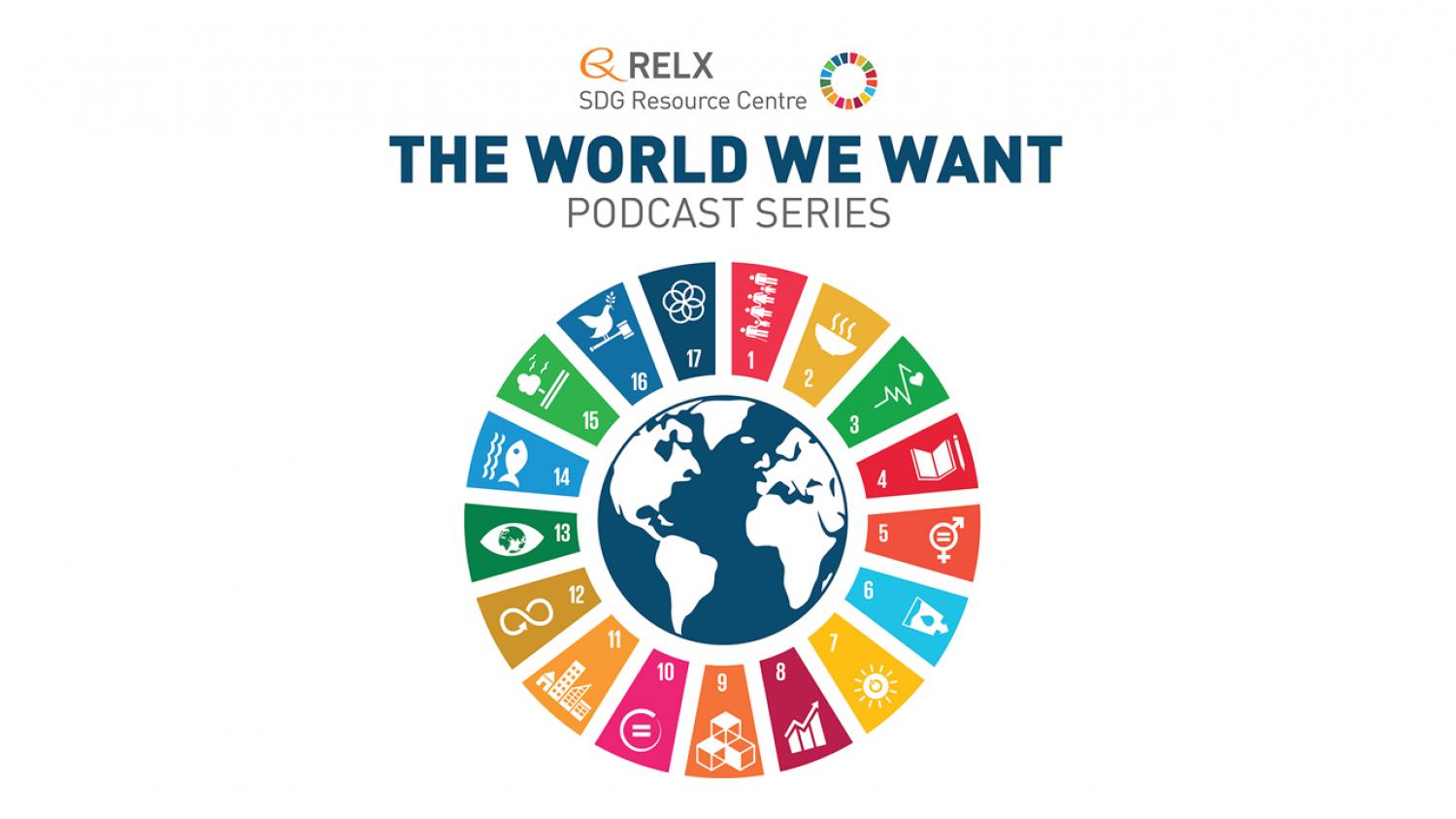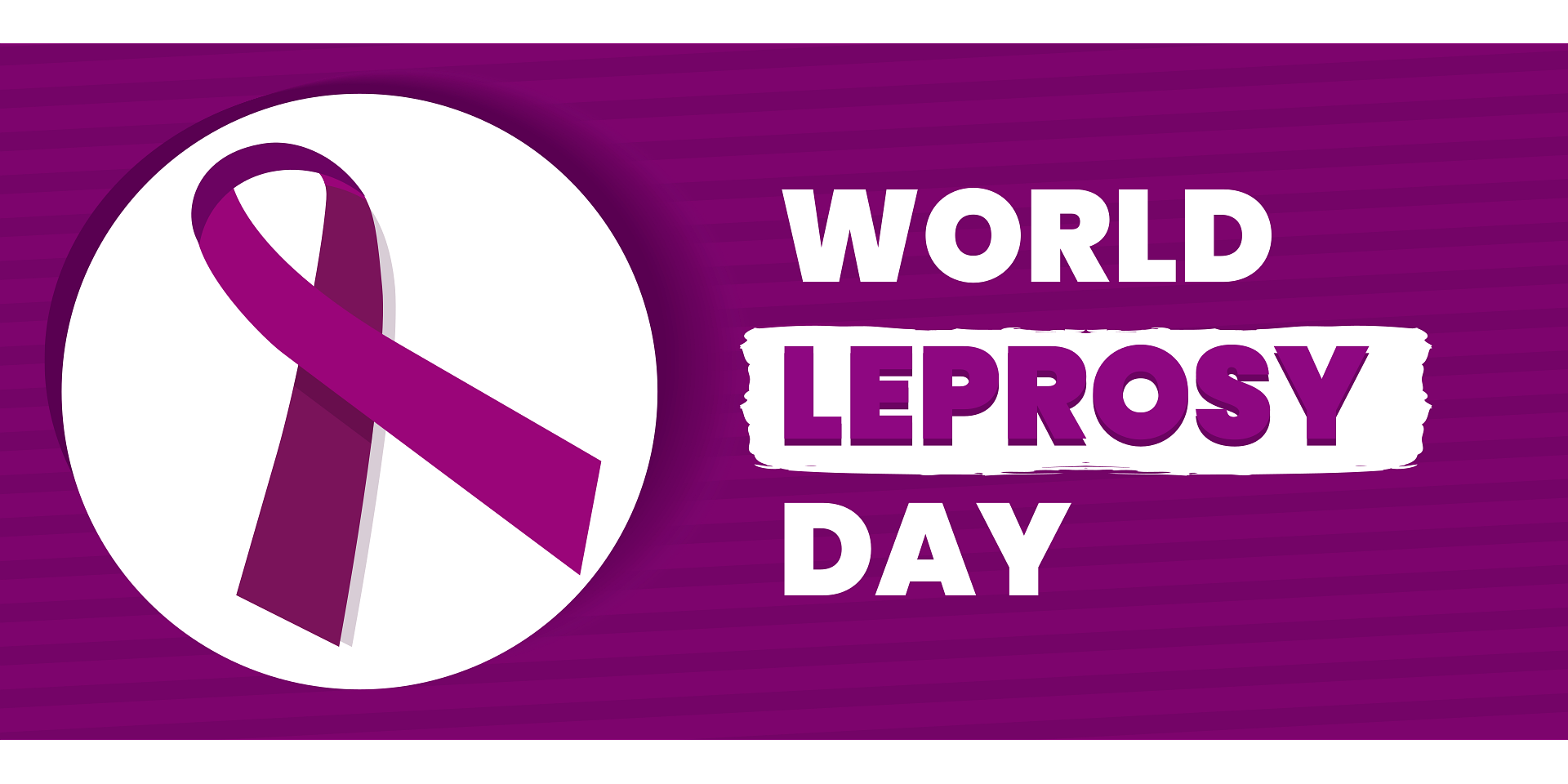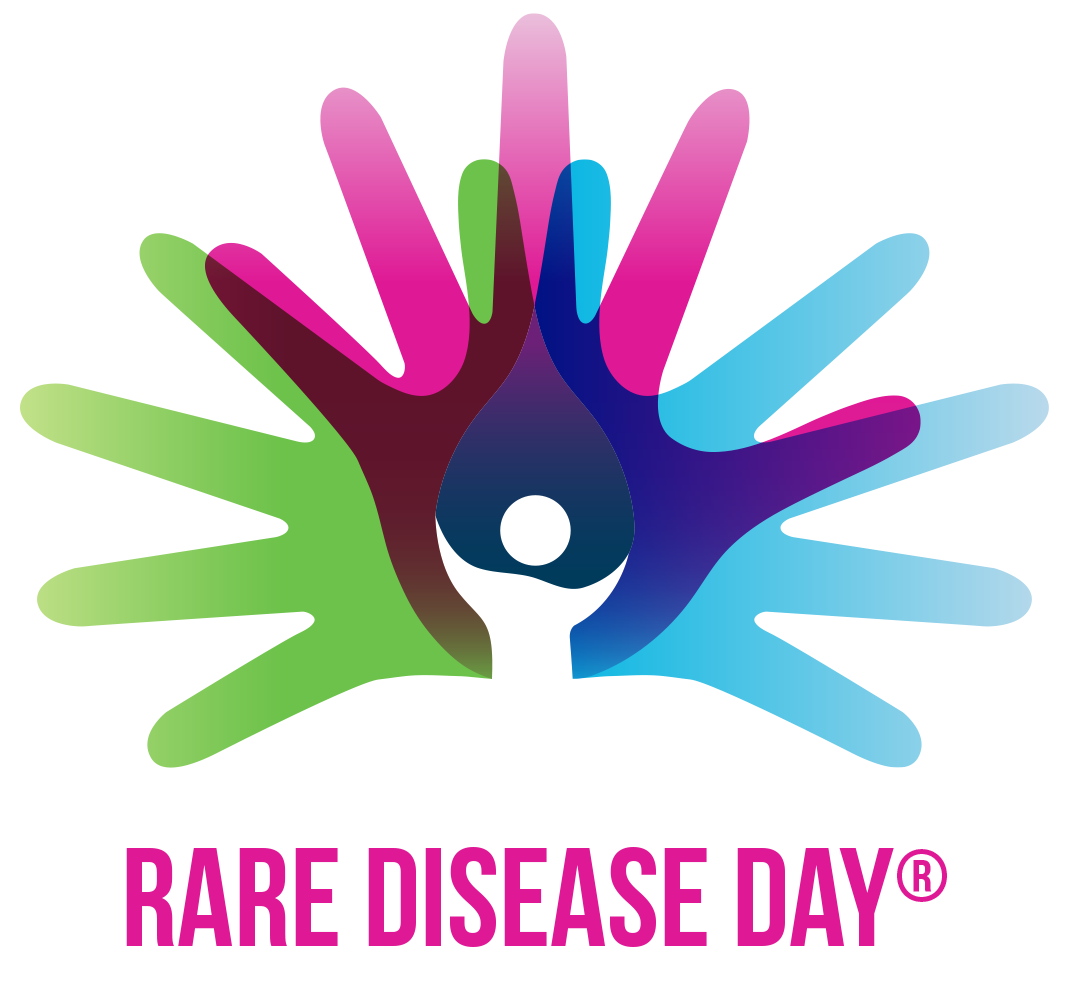Health disorders present a significant challenge to global health and development, impacting the Sustainable Development Goals (SDGs) in several critical ways. The SDGs, adopted by the United Nations in 2015, consist of 17 interlinked goals designed to be a "blueprint to achieve a better and more sustainable future for all" by 2030. Among these, SDG 3 aims to ensure healthy lives and promote well-being for all at all ages. Health disorders, ranging from infectious diseases like HIV/AIDS and tuberculosis to non-communicable diseases (NCDs) such as heart disease, stroke, cancer, and diabetes, directly affect the achievements of this goal. The prevalence of these conditions can hinder progress by increasing mortality rates, reducing the workforce, and placing a heavy burden on healthcare systems, thereby affecting economic stability and growth.
The relationship between health disorders and the SDGs extends beyond SDG 3. For example, SDG 1, which aims to end poverty, is closely linked with health outcomes. Poverty exacerbates the incidence of certain health conditions by limiting access to healthcare services, nutritious food, and healthy living conditions, creating a vicious cycle where poor health contributes to deepened poverty. Similarly, SDG 4, which focuses on quality education, is impacted by health disorders as well. Ill health in children and adolescents can lead to absenteeism and lower school performance, while health issues in adults can affect their ability to support their children's education. This interdependence underscores the importance of addressing health disorders within the broader context of sustainable development to ensure that progress toward one goal contributes to advancements in others.
Furthermore, the environmental determinants of health, highlighted by SDG 13 (Climate Action), SDG 6 (Clean Water and Sanitation), and SDG 11 (Sustainable Cities and Communities), showcase the intricate links between the environment and health disorders. Climate change, for instance, affects the prevalence and distribution of vector-borne diseases like malaria and dengue fever, while access to clean water and sanitation directly influences the incidence of waterborne diseases. Sustainable urban development can mitigate the risks associated with air pollution and promote physical activity, reducing the burden of respiratory disorders and obesity. Addressing these environmental determinants is crucial for preventing and controlling health disorders, demonstrating the need for an integrated approach to achieve the SDGs. Collaborative efforts that cross sectors and disciplines are essential for tackling the complex challenges at the intersection of health and sustainable development, ensuring that progress toward health-related goals also supports broader objectives related to poverty, education, equality, and environmental sustainability.
2026's World Leprosy Day: A Unified Call for Dignity and Healing
Celebration and Recognition
World Leprosy Day is commemorated each year on the final Sunday of January, promoting worldwide unity in the battle against leprosy. On January 26th, 2026, this day will occur. In India, January 30th is an important event that is observed annually to pay tribute to Mahatma Gandhi's death anniversary. Gandhi was a strong supporter of the rights and respect for individuals stricken with leprosy.
World Autism Awareness Day 2026: SDG Resources' Deep Dive
On April 2, 2026, the global community will come together to observe World Autism Awareness Day 2026. This occasion, significantly elevated by the commitment of SDG Resources, showcases the powerful intersection of Sustainable Development Goals (SDGs) and autism advocacy.
Introduction: The Importance of April 2
World Down Syndrome Day 2026: A Deep Dive into SDGs
Every year, the world pauses to recognize and celebrate the vibrant lives and countless contributions of people with Down syndrome. As we approach World Down Syndrome Day 2026 on March 21, SDG Resources is promoting the Sustainable Development Goals (SDGs) that pertain especially to this community.
SDGs and Down Syndrome: An Overview
Handbook of Cognitive Behavioral Therapy by Disorder Case Studies and Application for Adults, 2023, Pages 1-8
Background: Previous studies on the impact of the COVID-19 pandemic on the mental health of health-care workers have relied on self-reported screening measures to estimate the point prevalence of common mental disorders. Screening measures, which are designed to be sensitive, have low positive predictive value and often overestimate prevalence. We aimed to estimate prevalence of common mental disorders and post-traumatic stress disorder (PTSD) among health-care workers in England using diagnostic interviews.
Neurobiology of Brain Disorders: Biological Basis of Neurological and Psychiatric Disorders, Second Edition, Volume , 1 January 2022





